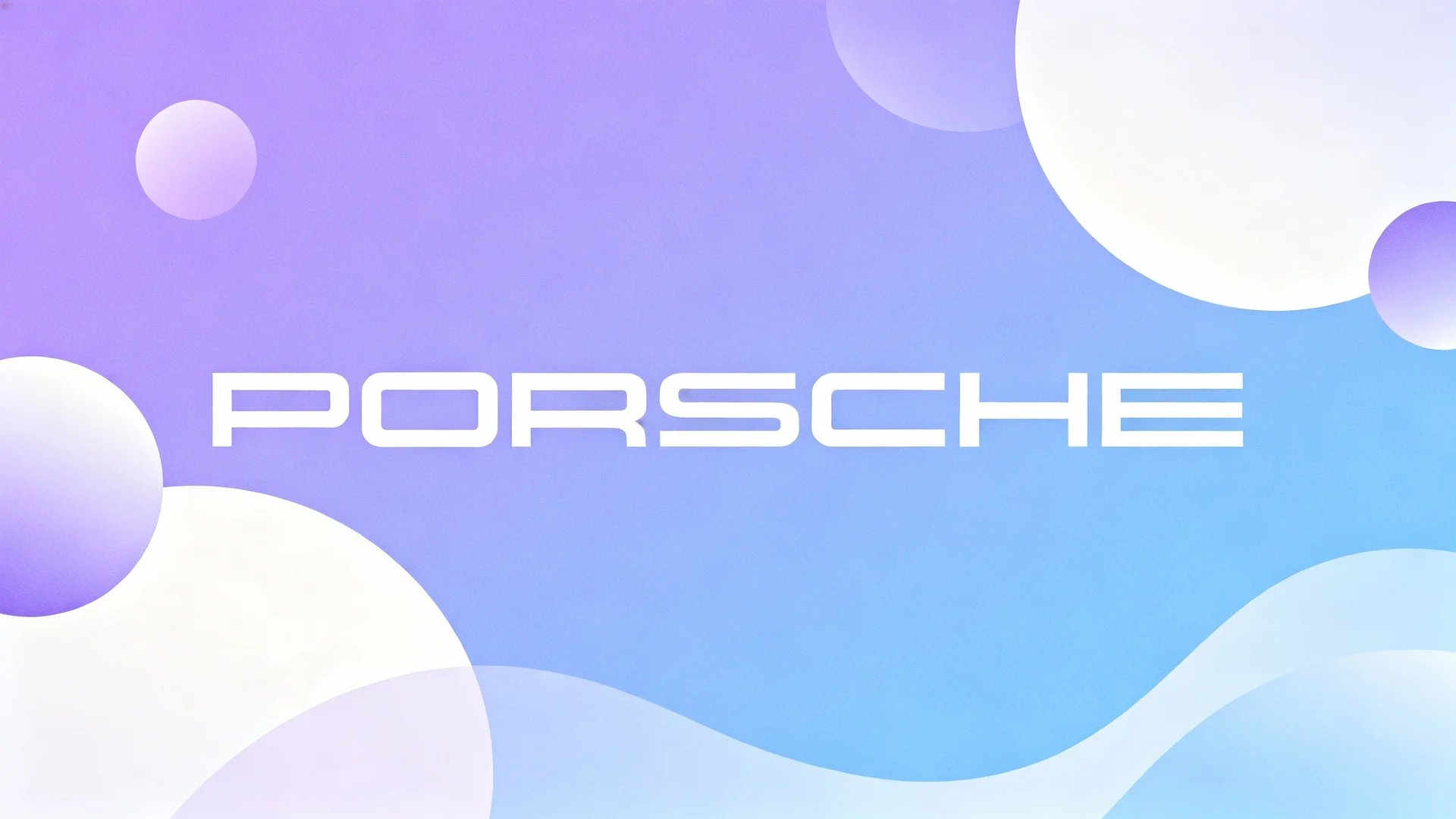
Loading...
Checking authentication...
Practice your pronunciation with interactive games and challenges.
Start PlayingThe modern era has witnessed Porsche's transformation from a niche racing car manufacturer into a lifestyle symbol. The brand's adaptability is evident in how it has consistently adopted cutting-edge technologies-whether through advanced electric models or digital innovations in automotive design. With every new model, Porsche not only promises speed and elegance but also signals a shift in societal standards towards sustainable luxury.
For those learning English or exploring nuanced linguistic trends, the way we discuss Porsche reveals broader cultural shifts. The brand name has become a metonym for excellence in performance, often associated with status, innovation, and even environmental consciousness in its newer, eco-friendly models.
In today’s digital age, discussions about Porsche extend beyond car enthusiasts. Online communities, social media influencers, and tech reviewers frequently use terms like "next-gen Porsche technology" or "eco-luxury Porsche models." As language learners encounter these phrases, they gain insight into modern idioms and contemporary usage. Such examples offer a rich learning tool-a window into how technology, culture, and language intersect.
Users can delve deeper into mastering the precise articulation of the word Porsche by exploring our Porsche pronunciation guide and checking out our video guide. These resources not only ensure correct pronunciation but also highlight the brand’s dynamic role in modern conversation.
Interestingly, the way we pronounce Porsche isn’t just a matter of phonetics-it’s a reflection of both history and modern global influence. While the original German pronunciation is “POR-shuh,” it has been adapted in various regions, serving as an example of linguistic evolution as words travel across cultures. This journey emphasizes how language is influenced by global trends and the increasing exchange of cultural ideas.
Usage Tip: When discussing Porsche in international forums or while reading automotive reviews, remember that the pronunciation might slightly differ based on regional dialects. Mastering these subtle differences can enhance your language skills and ensure you are understood by a global audience.
Did you know that many language enthusiasts use the term "Porsche" as a case study? It demonstrates how a brand’s name, steeped in history, can undergo subtle shifts in meaning and usage over time. This transformation not only reflects technological advancement but also mirrors sociolinguistic trends, making it a fascinating subject for linguistic exploration.
Beyond its technical prowess, Porsche has cemented itself in the realm of art, literature, and film. The sleek curves and aggressive stance of a Porsche have been immortalized in modern cinematic sequences and high-end fashion editorials. Its presence in popular culture exemplifies the influence of automotive design on visual storytelling and symbolism. Today, mentioning Porsche in casual conversation often implies a nod to quality, precision, and the pursuit of excellence.
This cultural impact is paralleled in associated with Porsche have evolved to represent not only vehicles but also dreams, aspirations, and modern lifestyles. As language learners, understanding this connection enhances both vocabulary and cultural literacy.
Many assume that Porsche is solely defined by its racing legacy or as a mere status symbol. However, the brand's modern narrative is multifaceted. While its roots lie in performance and engineering, today’s Porsche also embraces sustainability and digital innovation. By breaking away from traditional conceptions, Porsche offers a rich tapestry of discussion topics ranging from technological innovation to environmental responsibility.
"Porsche doesn't just represent automotive excellence; it encapsulates the evolution of luxury into the digital age," remarks an industry expert. "Learning its proper pronunciation and understanding its modern context can actually serve as a gateway to exploring broader cultural and technological shifts."
Language experts agree that the evolution of names like Porsche offers valuable lessons in how words adapt to changing cultural contexts. Through examining the brand’s journey, learners can appreciate how historical legacies influence modern language and meaning. For instance, the adoption of Porsche in everyday lexicon reinforces the idea that language is dynamic-constantly evolving with societal values, technological advancements, and artful expression.
By engaging with experts and diving into detailed analyses found in academic discussions and online platforms, one can uncover layers of meaning that transcend the automotive industry itself. Consider how Porsche's narrative aligns with modern movements toward sustainability and digitalization; it’s a reminder that even the most established names are not static but are perpetually adapting and reinventing themselves.
Here are some practical exercises designed to cement your understanding of both pronunciation and modern usage of Porsche:
As we look to the future, the story of Porsche is not just about the legacy of a luxury car brand, but about how language evolves to encapsulate modern values. Its journey-from the racetracks of yesteryear to the digital highways of today-mirrors the broader transformation in how we communicate, innovate, and express identity. Reflect on this: How can understanding the evolution of a simple word, such as Porsche, unlock deeper insights into both culture and language?
We encourage you to explore these modern linguistic narratives and perhaps rethink how you see words that seem fixed in time. In engaging with resources like our pronunciation and video guides, you not only master a word but also become part of an evolving global conversation-one where history, technology, and language converge in exciting new ways.